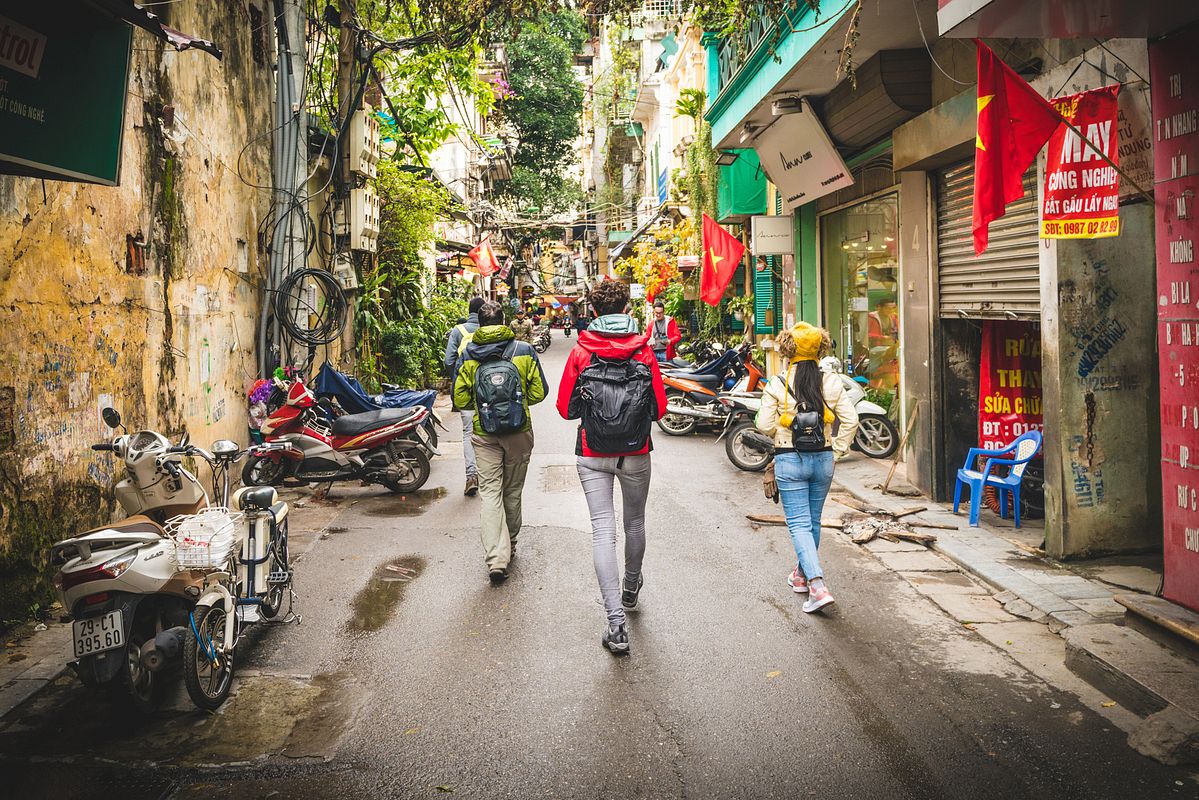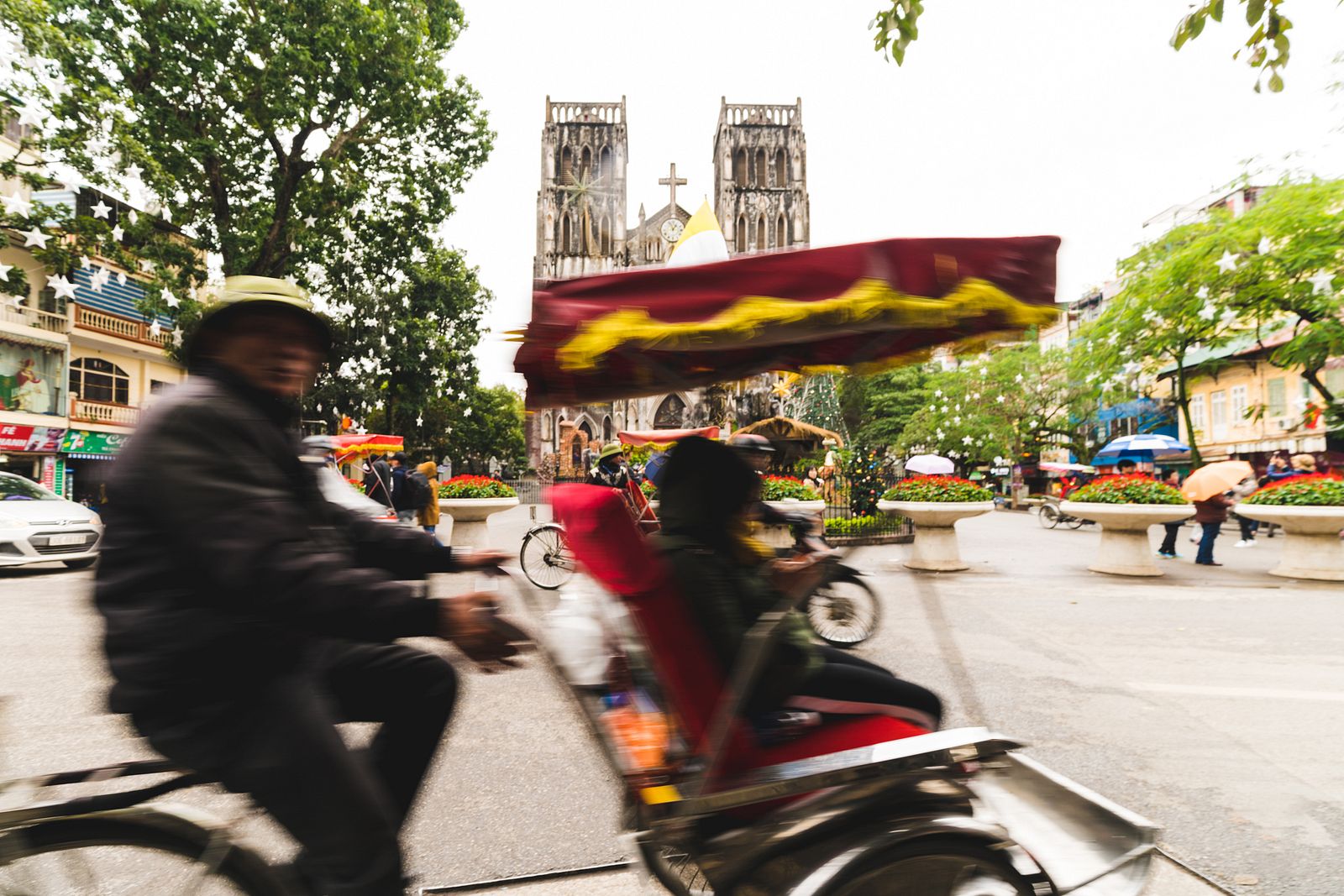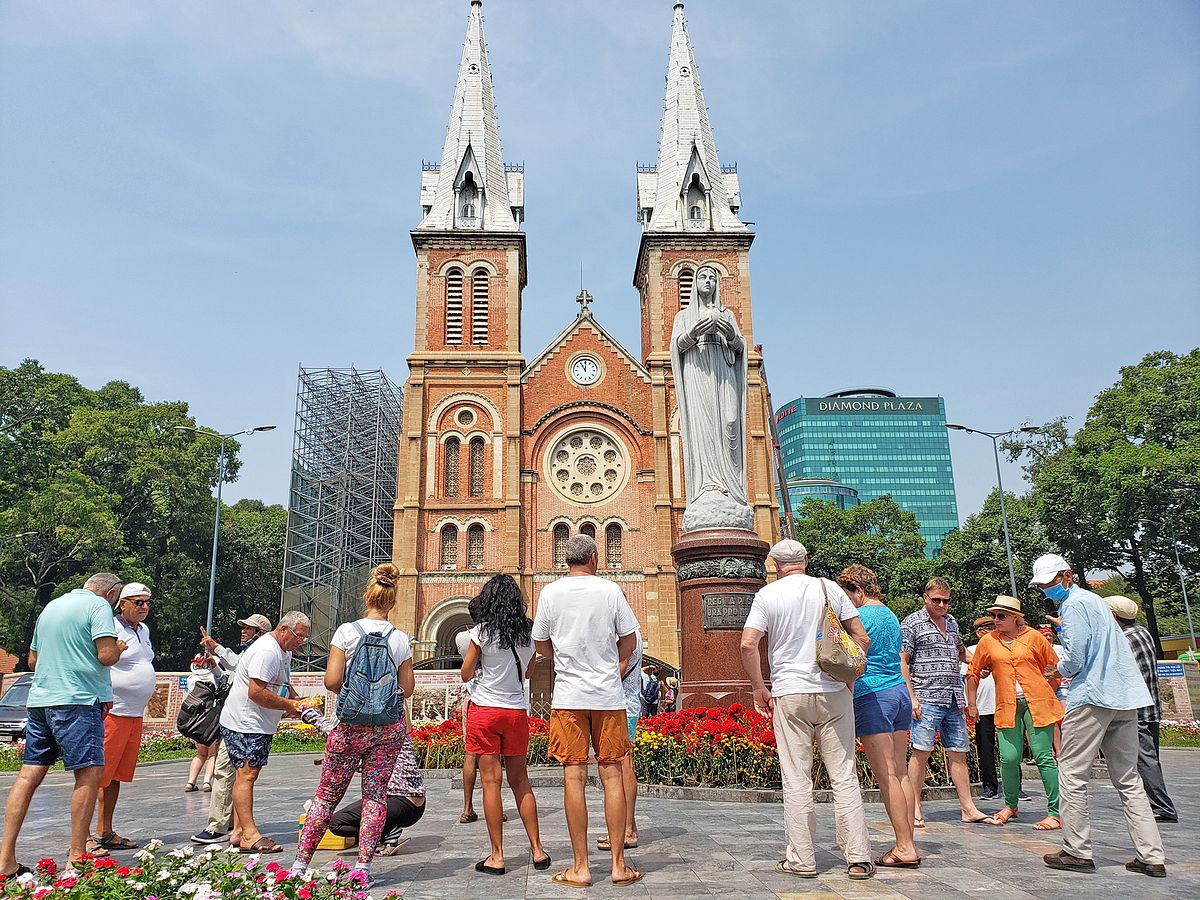Starting July 1, citizens from 80 countries and territories will be eligible for electronic visas for future Vietnam visits, though this does not mean that foreign visitors will be allowed into the country yet.
According to Tuoi Tre, a government resolution issued on May 25 confirmed that the e-visa policy will take effect from July 1, applying to citizens from Austria, Belgium, Iceland, and more. A full list of countries and territories is available here.
The resolution was announced back in February 2019 and is an extension of Vietnam’s previous trial program to allow tourists from 40 countries to apply for electronic visas to enter the country. When it first went online in early 2017, the list covered Vietnam’s crucial tourism partners, such as South Korea, Russia and Japan.
In December of the same year, Vietnam added Australia, Canada, India, the Netherlands, New Zealand and the UAE to the roster, increasing the total number to 46. Most recently, 35 more countries and territories were added in February 2019. In the case of China, the e-visa applies to Hong Kong and Macau passport holders, and not mainland Chinese e-passport holders.
Once borders re-open, a date for which has not been determined yet, travelers with an e-visa will be able to use it at Vietnam’s eight international airports, 16 land border crossings and 13 maritime checkpoints.
While the extended availability of electronic visa might seem like a positive sign for Vietnam’s tourism industry, the country is still closed to the rest of the world to minimize COVID-19 infection risks.
According to Director of the Vietnam National Administration of Tourism (VNAT) Nguyen Trung Khanh, tourism officials are working on plans to lure back some groups of international visitors, but only from countries that have effectively responded to the COVID-19 pandemic, VnExpress reports. These include places like mainland China, Japan, South Korea, Taiwan and several ASEAN members.
In one scenario, Khanh told the news site, if key tourism markets can successfully contain coronavirus risks by September, VNAT will devise targeted promotions and suggest relaxing travel restrictions, though some measures to verify the medical status of travelers from both sides will be required.














